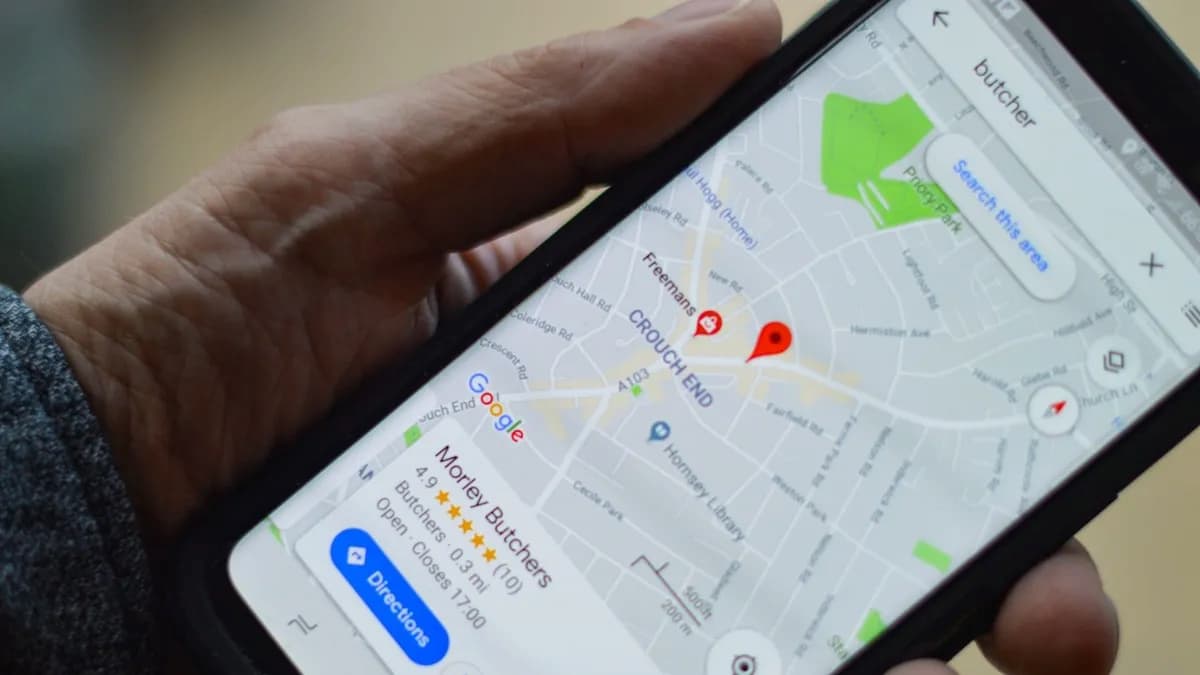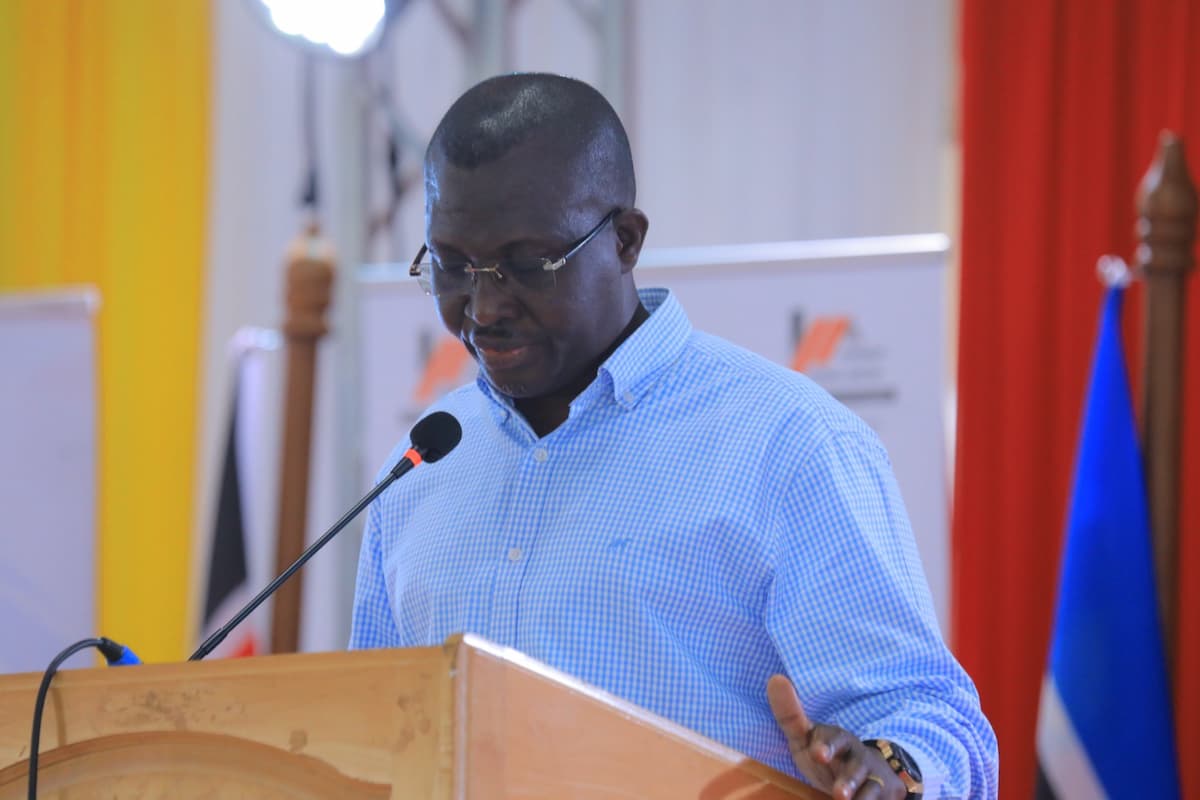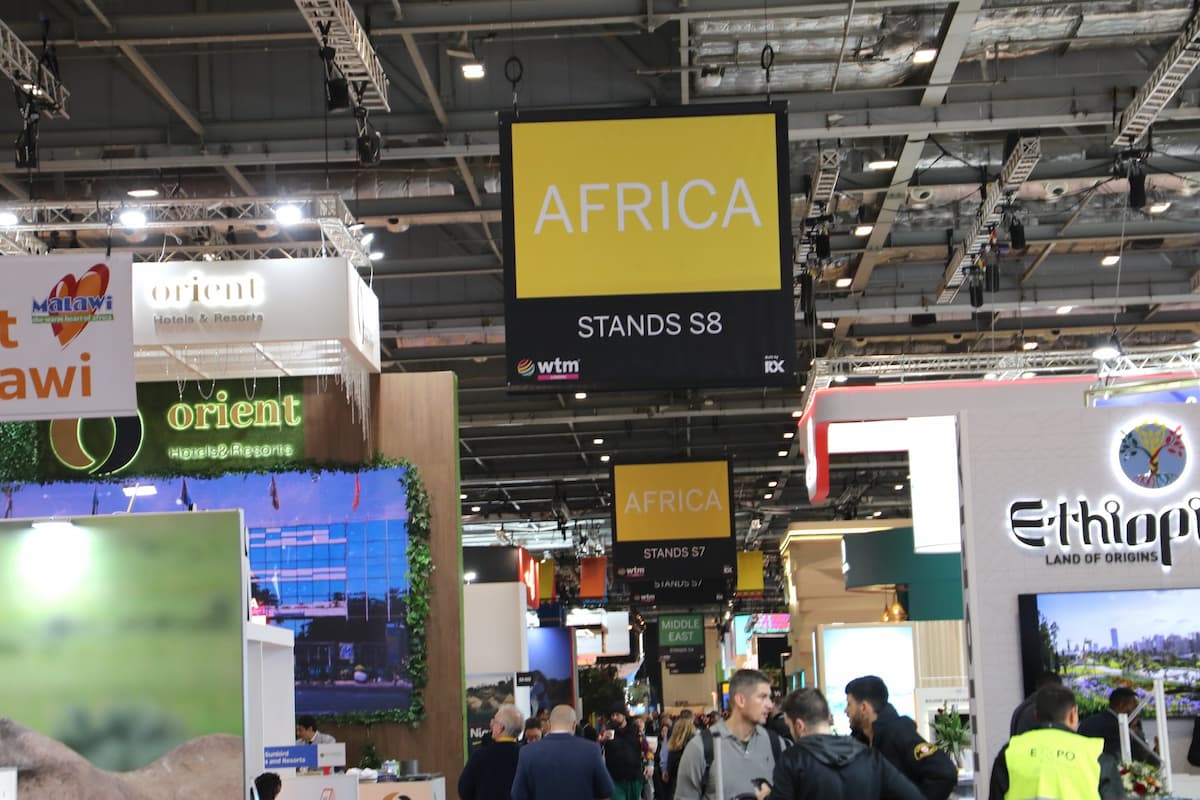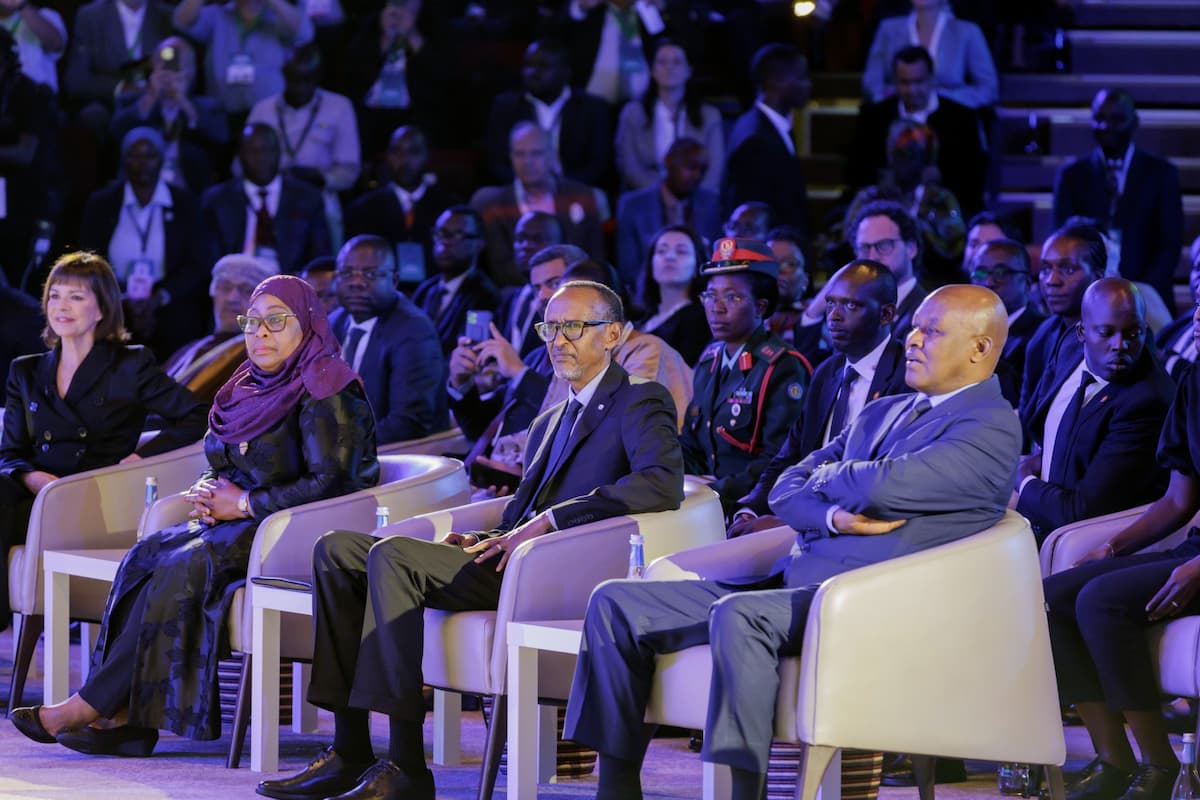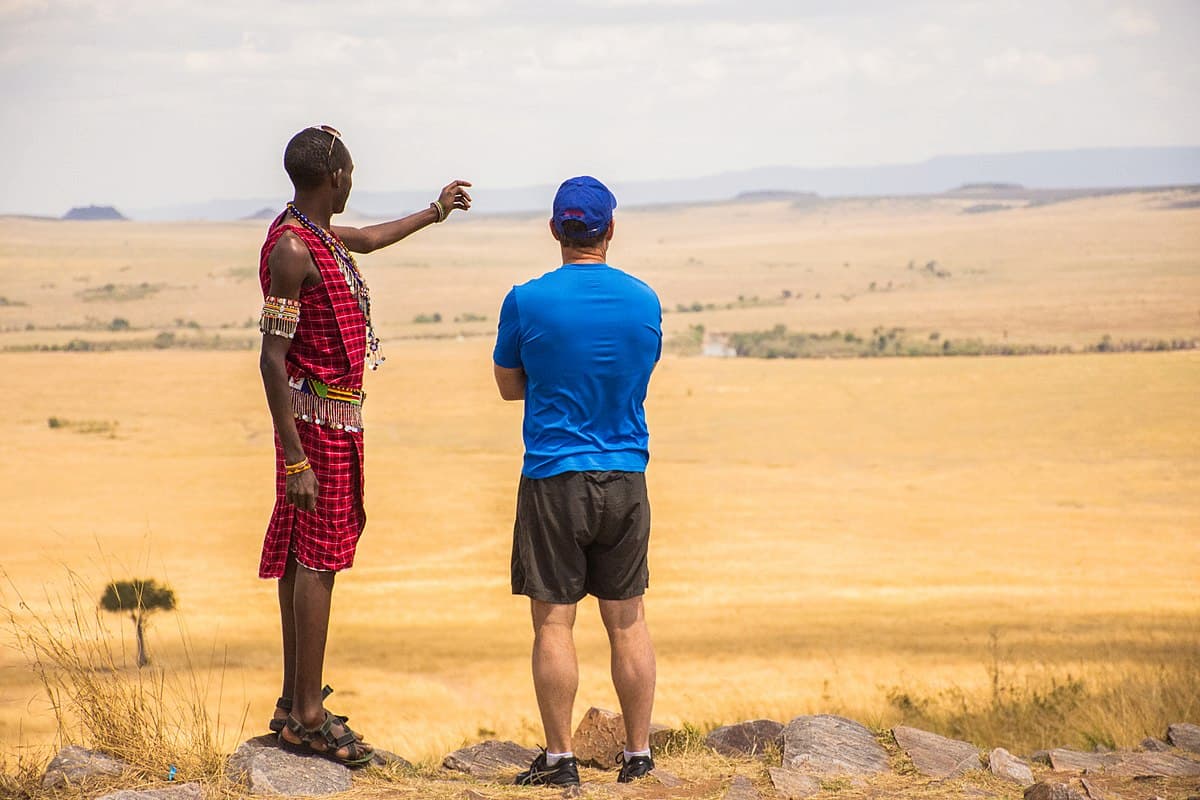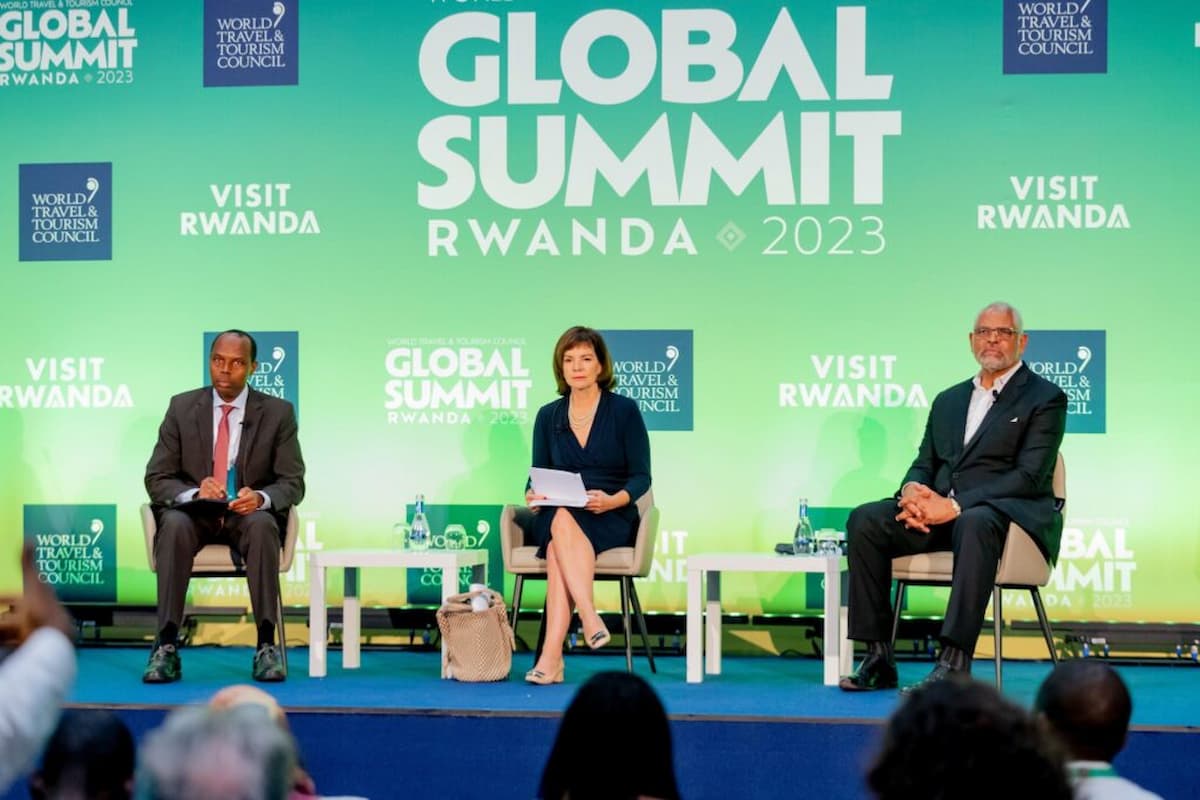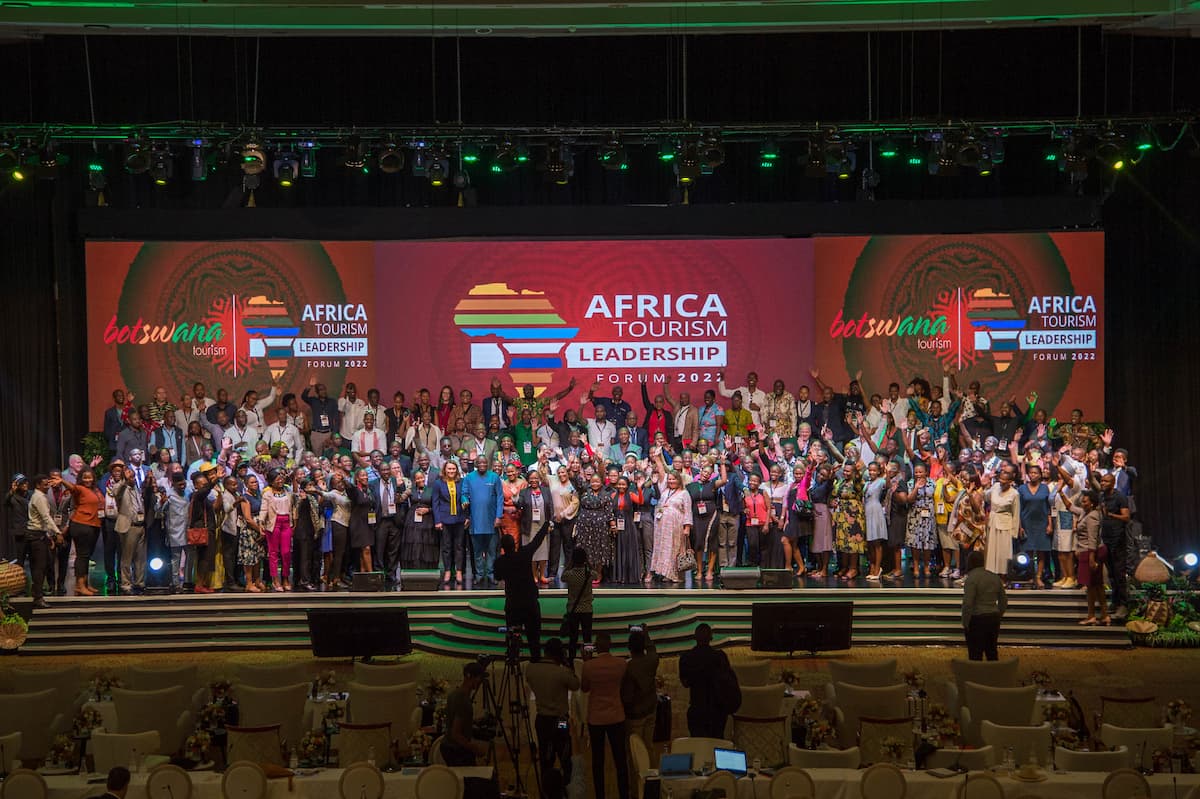The global tourism sector is rebounding at a faster pace than expected this year, despite macroeconomic and geopolitical tensions, but environmental sustainability must be central to its recovery.
That is according to the latest global tourism outlook revealed by the World Travel and Tourism Council on Wednesday at its annual global summit, held for the first time in Africa, in the Rwandan capital Kigali.
Total tourism arrivals worldwide are expected to grow 5 per cent in 2023, compared to 2019, according to WTTC’s latest forecast in partnership with Oxford Economics. That is an improvement on the 2 per cent the organisation predicted in March.
“Despite economic and geopolitical turmoil in 2023, we’re seeing that this year so far is showing a faster recovery than our initial expectations,” Julia Simpson, the WTTC’s president and chief executive, said at the summit’s opening press briefing.
“Our previous predictions in March have now been exceeded by travel and tourism’s current performance … every single region is growing faster than we had originally predicted.
“Once again, our sector has shown its true resilience and grit in the reopening after the pandemic.”
Tourism arrivals into the Middle East are set to rise 28 per cent this year, from their pre-Covid levels, the October forecast showed. The organisation in March had predicted 22 per cent growth.
Asked specifically about the impact of the Russia-Ukraine and Israel-Gaza wars on the recovery of global tourism, Ms Simpson said: “All I can say is that the WTTC, as an organisation that represents travel and tourism, we stand for peace, we stand for building bridges and we stand for connecting people.”
Airlines in the Middle East have said that the Israel-Gaza war has led to a drop in air travel to the region, as the conflict rages on amid international calls to halt the fighting to ease the humanitarian disaster in the enclave.
Challenges include costly flight diversions for security reasons, steep fuel bills and a drop in international visitors.
The global travel and tourism sector contributed to more than 10 per cent of the global gross domestic product in 2019, with the industry worth $10 trillion.
It lost about 50 per cent of its value during the Covid-19 pandemic, making it one of the hardest hit sectors.
So far this year, the sector has nearly recovered to its pre-Covid levels, according to the WTTC.
Travel and tourism is expected to contribute 9.2 per cent to the global GDP at a value of $9.5 trillion in 2023, just 5 per cent below its 2019 levels. That is a 23.3 per cent year-on-year increase from the $7.7 trillion recorded in 2022.
“We are very resilient, we come back. It’s deep in our DNA to travel and to connect,” Ms. Simpson said.
The industry has not fully rebounded to 2019 levels yet partly because China’s full recovery potential has yet to be realised, Ms. Simpson said.
“The reason we’re not quite there is that China, which is one of the biggest travel and tourism economies, only opened this year and is still going through those opening processes of making sure people can travel and get visas,” she said.
“We’ve also had some issues around labour shortages, which were short-term, but hampered a little bit the recovery. But we’re practically there.”
In the next 10 years, the value of the travel and tourism industry is going to increase to reach about $15.5 trillion, according to Ms. Simpson.
But rebuilding the sector following the pandemic-induced turmoil must also take into account its impact on the environment, she said.
Travel and tourism was responsible for 8.1 per cent of greenhouse gas emissions in 2019, 10.6 per cent of total global energy and 0.9 per cent of freshwater use, according to a study revealed last year by the WTTC and Sustainable Tourism Global Centre, part of Saudi Arabia’s Ministry of Tourism.
“Travel and tourism is recovering but as we know, sustainability needs to be at its centre,” Ms Simpson said. “Growing back better means growing sustainably.”
Source: The National News

